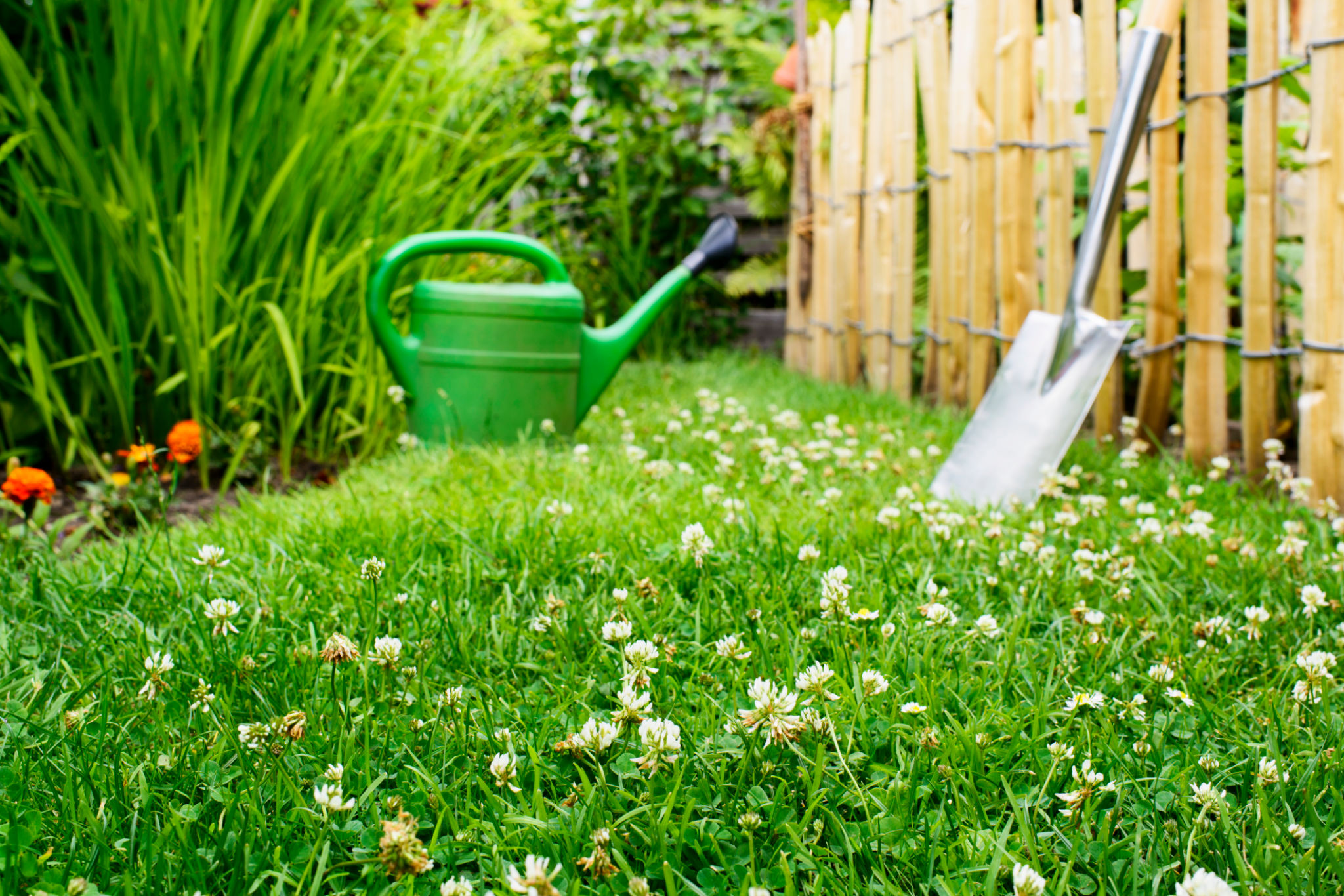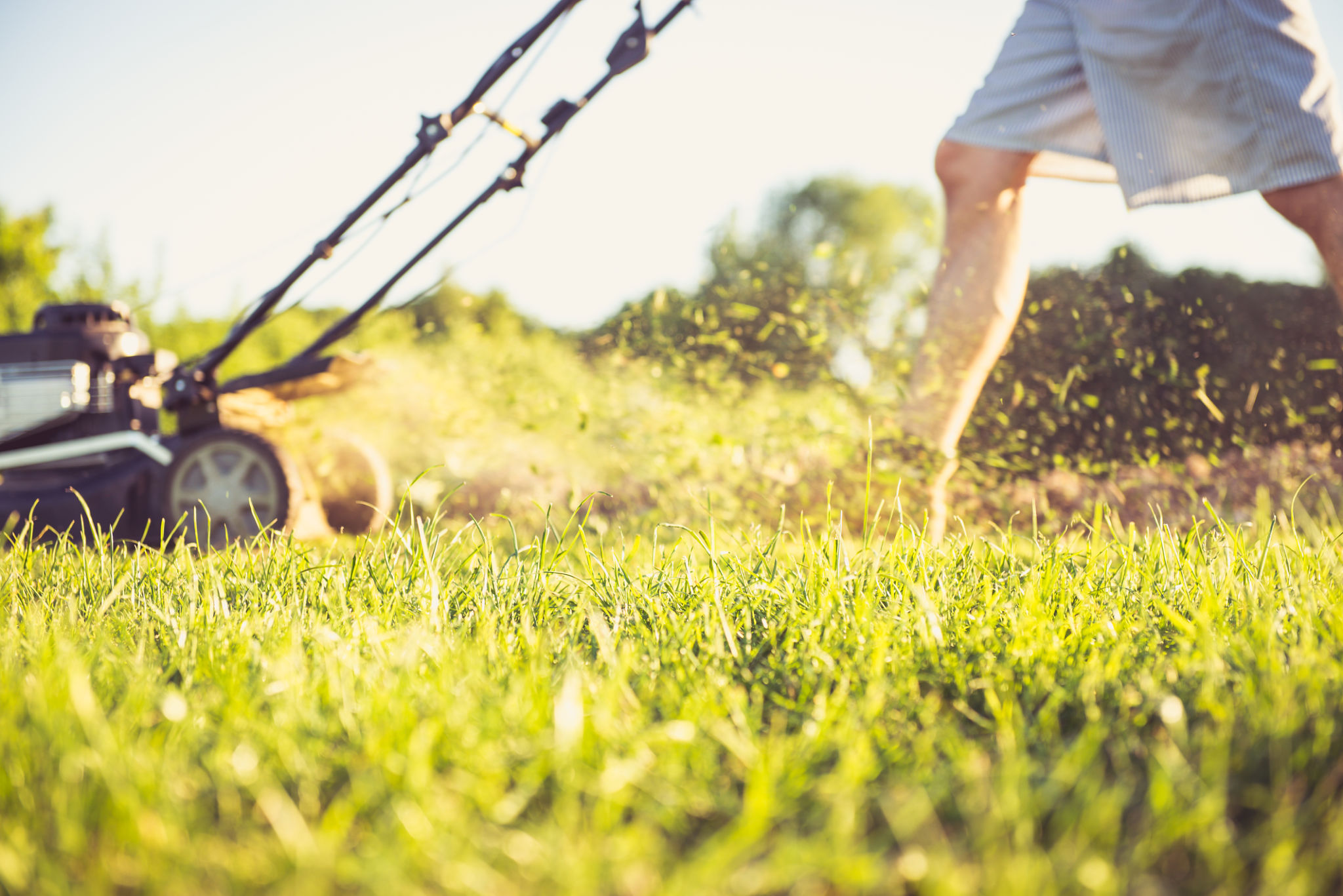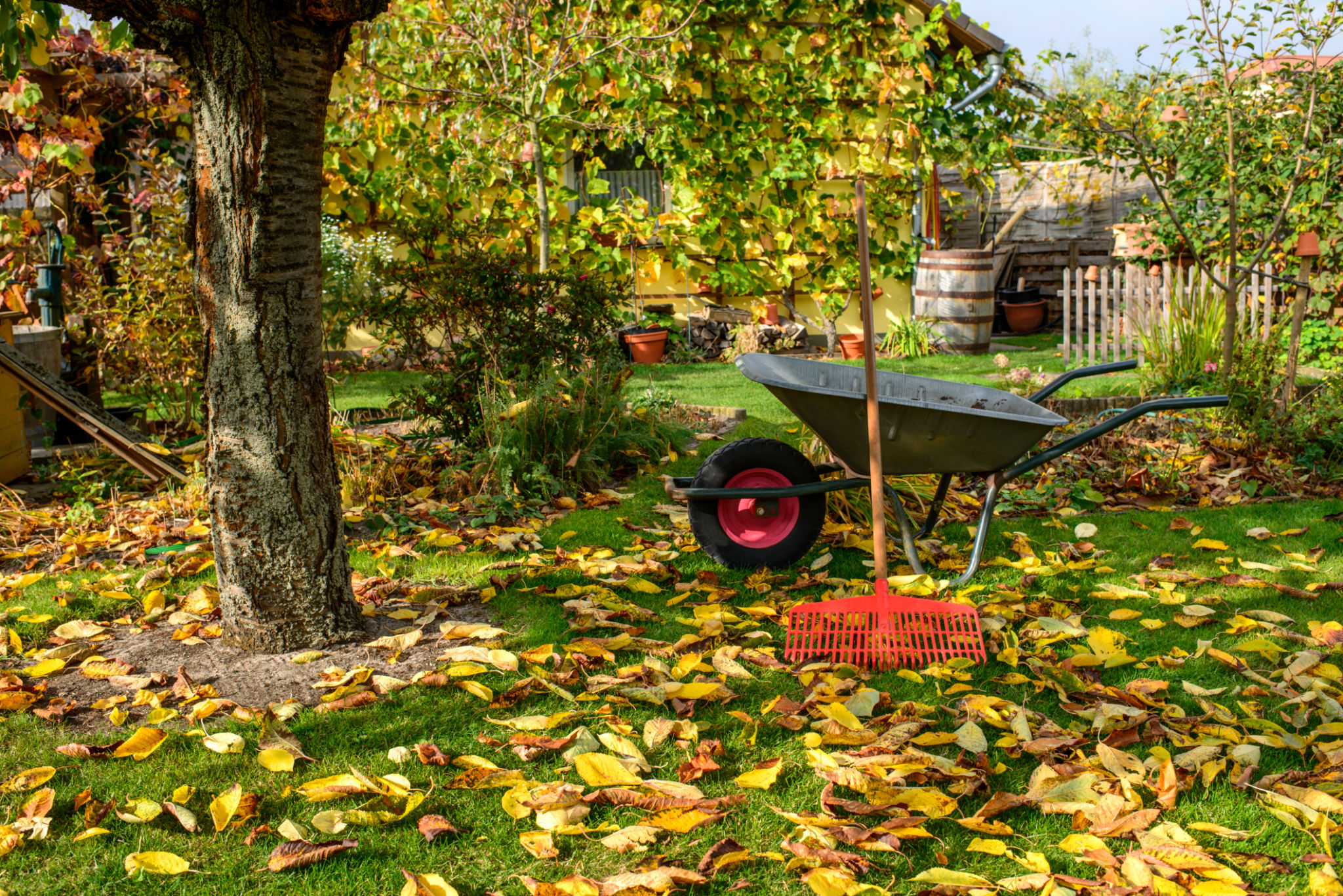Seasonal Care for Clover Lawns: Preparing Your Yard for Every Season
Understanding Clover Lawns
Clover lawns have been gaining popularity due to their low maintenance and environmental benefits. Unlike traditional grass lawns, clover requires less water and fertilizers, making it an eco-friendly option. Understanding the basic needs of clover throughout the year will ensure your lawn remains lush and green. Clover is a resilient plant, but it still benefits from seasonal care.

Spring: The Season of Renewal
Spring is the perfect time to focus on rejuvenating your clover lawn. As temperatures rise, clover begins to thrive. Start by removing any debris that accumulated over the winter. Raking the lawn gently can help aerate the soil and promote healthy growth. If you notice any bare patches, consider reseeding these areas with clover seeds to ensure a full and even lawn.
Providing a balanced, organic fertilizer can give your clover the nutrients it needs to start the growing season strong. Clover doesn't require much fertilization, but a gentle boost in spring can make a big difference. Be sure to water deeply but infrequently to encourage deep root growth.
Summer: Maintaining Health During Heat
During summer, clover lawns can struggle with heat and dryness. However, clover is more drought-resistant than traditional grass, which is a significant advantage. To maintain your lawn's health, water it early in the morning or late in the evening to minimize evaporation. Aim for at least one inch of water per week during dry spells.

Mowing is essential to keep your clover lawn neat and manageable. Set your mower to the highest setting to avoid cutting the clover too short, which can stress the plants. Regular mowing also prevents the clover from flowering excessively, which can attract too many bees if not managed properly.
Fall: Preparing for Dormancy
As fall approaches, it's time to prepare your clover lawn for dormancy. Begin by reducing the frequency of mowing to allow the clover to grow a bit longer before winter. This longer growth helps protect the roots from cold temperatures.
Consider applying a layer of mulch or compost to add nutrients back into the soil. This organic matter will decompose over the winter, enriching the soil and preparing it for spring growth.

Winter: Care During Dormancy
Clover lawns typically go dormant during winter, especially in colder regions. It's important to minimize traffic on your lawn during this time to prevent compaction and damage to the dormant plants. If snow covers your lawn, it acts as a natural insulator, so there is no need for special measures.
In areas with little snowfall, consider adding a light layer of straw or mulch to protect the clover from harsh winds and freezing temperatures. Once winter passes, you'll find that your clover lawn is ready to bounce back with minimal effort.
Conclusion: Year-Round Benefits
Caring for a clover lawn through each season not only ensures its health but also enhances its beauty year-round. By understanding the specific needs of your clover lawn during each season, you can enjoy a resilient, eco-friendly yard that requires less maintenance and provides numerous environmental benefits.
Embrace the unique characteristics of clover lawns by tailoring your care routine to each season's demands. With proper seasonal care, your clover lawn will remain a vibrant and sustainable part of your landscape.